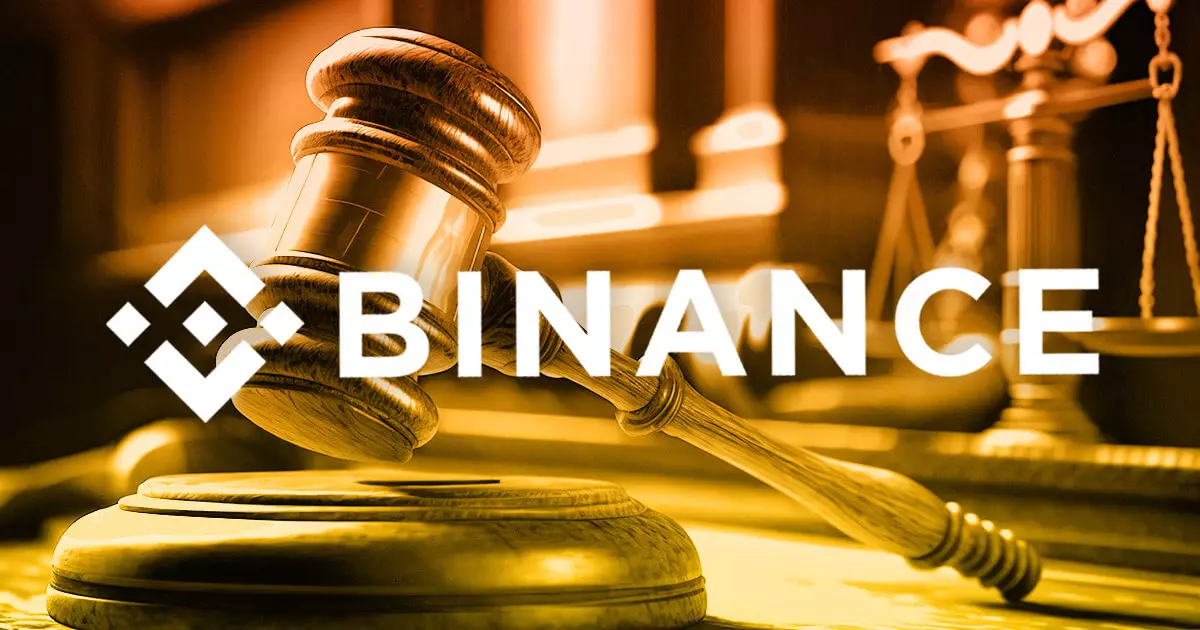Crypto exchange Binance recently faced a significant setback in Brazil, agreeing to pay a hefty fine of $1.76 million to settle allegations of unlicensed derivatives trading in the country. The settlement with the Comissão de Valores Mobiliários (CVM), Brazil’s securities regulator, comes after a year-long investigation into Binance’s activities in the country. This regulatory crackdown highlights the challenges faced by crypto exchanges operating in emerging markets, where regulatory uncertainty and enforcement actions can have serious consequences.
The Impact of Regulatory Crackdowns
The regulatory crackdown on Binance in Brazil began in July 2020, when the CVM ordered the exchange to cease its unauthorized activities in the country. Despite facing the threat of a daily fine for non-compliance, Binance continued to operate, leading to further action from the regulator. The CVM accused the exchange of operating without proper authorization, particularly in relation to derivatives trading, which has gained popularity in Brazil’s growing crypto market. This highlights the importance of obtaining the necessary licenses and approvals to operate legally in new markets, as failure to do so can result in significant fines and reputational damage.
Brazil’s crypto market has experienced significant growth in recent years, driven by economic challenges such as high inflation and a weakening currency. As a result, many Brazilians have turned to digital assets as a hedge against the devaluation of the local fiat currency. The introduction of the Pix payment system in 2020 further accelerated the adoption of cryptocurrencies in the country, making digital transactions more accessible and commonplace. Despite these trends, regulatory challenges remain a significant hurdle for crypto exchanges operating in Brazil, highlighting the need for clear guidelines and compliance measures to ensure the long-term sustainability of the industry.
While regulatory challenges pose significant risks for crypto exchanges in emerging markets, they also present opportunities for growth and innovation. By proactively engaging with regulators and implementing robust compliance measures, exchanges can build trust with both customers and authorities, paving the way for sustainable growth in new markets. As the crypto industry continues to evolve, exchanges must adapt to changing regulatory landscapes and market conditions to thrive in an increasingly competitive environment. Ultimately, regulatory compliance is crucial for the long-term success of crypto exchanges, particularly in emerging markets where enforcement actions can have far-reaching consequences.

